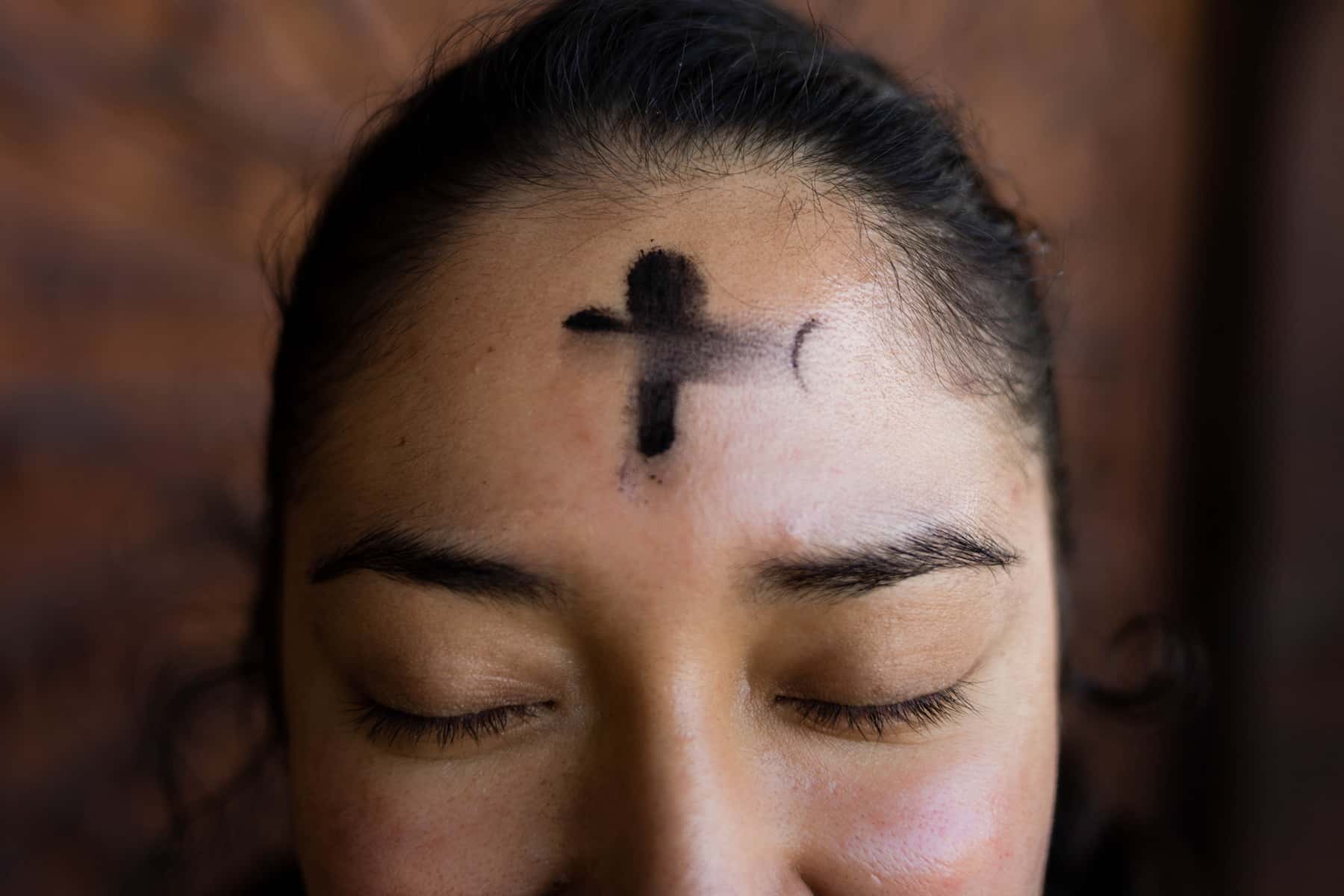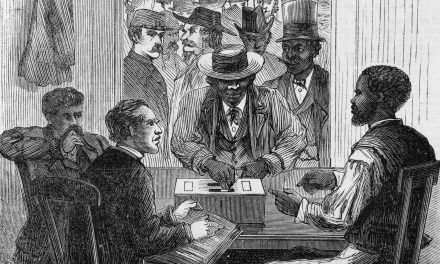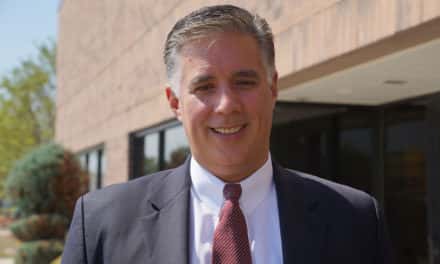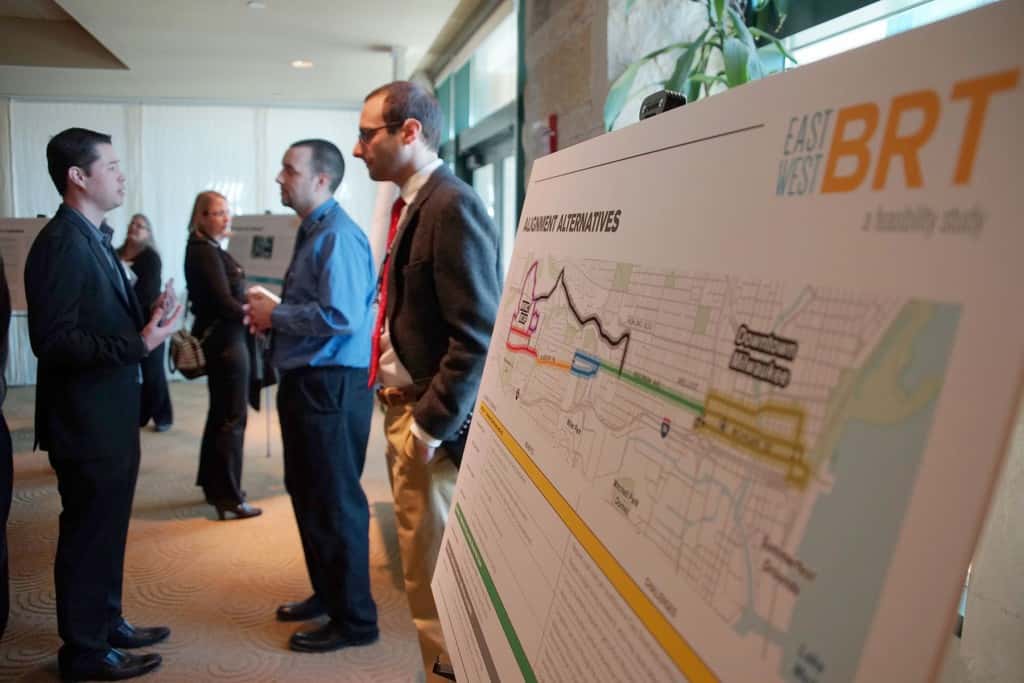
“And we will open our hands to the feast without shame. And we will turn toward each other without fear. And we will give up our appetite for despair. And we will taste and know of delight.” – Jan Richardson, “And the Table will be Wide”
Fear can be an incredibly helpful emotion; however, fear can also serve as the primal root of disconnection. This is because our feelings can at the same time be healthy and yet be manipulated by both ourselves and others. Fear, especially when it is combined with trauma, can cause us to overestimate threats and underestimate trust.
It can solidify in our biology and harden within our brain’s mainframe. Fear causes toxic stress inside our bodies and can deaden the spirit and our relationship to compassion, love and Grace. Ultimately fear can also lead to the suffering of entire communities. All of this, yet many have a hard time letting go of fear.
“People have a hard time letting go of their suffering out of a fear of the unknown. They prefer suffering because it feels familiar.” – Thich Nhat Hanh
Could this be accurate? Could fear just be the familiar friend in a world that seems so out of control. An earth spinning on its own axis while also traveling at 67,000 miles per hour around a sun that is simultaneously traveling at 490,000 miles per hour? Sure, I’ll accept that fear is probably familiar and probably natural, however should we let it be?
Today, our Lent season comes as we have completed yet another revolution around the sun while living a year with a pandemic that has taken the lives of nearly 2.5 million people worldwide. A pandemic that has thoroughly exposed inequities and harm both in the United States and around the world. So many living with a legitimate fear of getting sick, losing their lives and livelihoods; so why give up fear this Lent season?
Lent is the 40-day period between Ash Wednesday and Easter that Christians all over the world offer a deeper introspection into their relationship with God. The period is initiated by the smudging of ashes on foreheads in the shape of a cross by clergy and priests. This day, also known as the Day of Ashes provides reflection on repentance and death, that we have come from dust and to dust we shall return.
Many Christians will give up something to honor the 40-days and 40-nights that Christ battled wickedness in the wilderness without water nor food. Lent therefore offers a season and a time of prayers, fasting, offering alms, reflection, and a turning towards God and away from what distracts us. So why is that the chosen Lenten discipline for many may only involve giving up sugar, dessert, meat, alcohol, caffeine, and such? Have we become so accustomed to swimming in shallow water that our faith and love has also become shallow?
Please understand that this reflection is not about shaming and that I understand that some of the vices listed (sugar, alcohol, caffeine) are very addictive and hard to give up for many. I’m simply asking us to go a bit deeper into all of our respective faiths. The Christ that I know constantly served to remind us that we have an obligation here on earth and its people, especially those we deem the “stranger and the poor.” He so longed for the fulfillment of this Covenant that he shed through flesh and blood for us to embody this spiritual courage.
Therefore, this year I would like to see our Christian brothers and sisters give up fear, and not in an unhealthy self-sabotaging fool hearty way. After all fear is an incredibly powerful and needed emotion that keeps us safe. But instead, lovingly challenging our own fears when they arise and asking ourselves to become conscious on how these same fears keep us disconnected in America. After all, wouldn’t giving up fear provide an opportunity to get to know the stranger and be able to understand why we labeled this person a stranger in the first place? Wouldn’t giving up fear help us understand that our judgmental mind keeps us away from the connection to the stranger and the connection to God?
Giving up fear requires us to look at everything differently. Our worlds and social media feeds are filled with representations of who and what you should fear. Our nightly news often centers the conversations around fear. Our segregated neighborhoods and shopping stores, libraries, schools, restaurants, and housing all take advantage of our fears. If we are being honest, even our faiths can manipulate our fear, maybe subconsciously degrading another faith group into the stranger. Fear is all over the place yet so is love, so is kindness, so is forgiveness.
Giving up fear often involves forgiveness. The kind of forgiveness that Christ embodied and called out for in his ultimate transition as Roman soldiers ripped apart his garments, “Father forgive them, for they do not know what they are doing” Luke 23:34. For without forgiveness it has become human beings who are so divided that we are now the ones ripping each other apart.
I write this as a non-Christian living in a Christian dominated society. I write this out of love and appreciation. I write this out of hope and faith. I write this hoping that our Christian brothers and sisters invest in healing the division that plagues our country and consciousness.
But I also write this as the stranger who would like to be understood and loved, not feared. For fear has cost us too much.
“Remember that you are dust, and to dust you shall return.” – Pastor Lisa Bates-Froiland
Those are the jarring words that will greet people who come through the doors of Redeemer Lutheran Church at 19th and Wisconsin Avenue from 5:30 to 6:30 p.m. on Ash Wednesday, February 17.
“Above their mask, upon their foreheads I will smudge a cross. I will look in their eyes and we will both swim in the essential truth: this life is limited. Quite a “bon voyage” for the 40-day journey of Lent! But if death is the ultimate human fear, well, we’ve just faced it, together, and in God’s presence. The worshippers will move past me and into the sanctuary for private prayer. They will likely pray for others, and about their greatest fears, and I hope they might feel a nearness to the God of peace, the companionship of Jesus who preached unity, a Spirit of courage to choose a discipline that will deepen their spiritual reserves in ways that might extend well beyond Easter.” – Pastor Lisa Bates-Froiland














